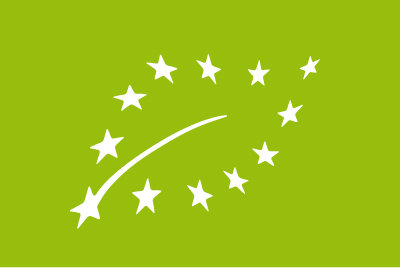Publications
Organic Production

Organic fruit juices and nectars must comply with EU organic legislation. Council Regulation (EC) No 834/2007 establishes the legal framework for all levels of production, distribution, control and labelling of organic products which may be offered and traded in the EU. It determines the continued development of organic production through the provision of clearly defined goals and principles. The following implementing Regulations have been adopted thus far:
- Commission Regulation (EC) No. 889/2008 lays down detailed rules with regard to organic production, labelling and control.
- Commission Regulation (EC) No. 1235/2008 lays down detailed rules concerning the imports of organic products from third countries
In Regulation (EC) No. 889/2008 all stages of plant and animal production are regulated, from the cultivation of land and keeping of animals to the processing and distribution of organic foods and their control. They go into great technical detail and are, for the most part, an extension of the original organic Regulation, except where this was regulated differently in the Council Regulation.
Since 1 July 2010, producers of packaged organic food must use the EU organic logo. The use of the logo on organic foods from third countries, however, is optional. When the EU organic logo is used, the place of production of the agricultural ingredients must be indicated.
The distribution of organic products from third countries is only permitted on the internal market when they are produced and controlled under the same or equivalent conditions. The procedure for import licences will in future be replaced by a new import regime. Control bodies working in third countries will then be directly authorised and monitored by the European Commission and the Member States.
Products may only be marked as “organic” if at least 95% of their agricultural ingredients are organic. Organic ingredients in non-organic food may be listed as organic in the list of ingredients, as long as this food has been produced in accordance with the organic legislation. The use of genetically modified organisms (GMO) and of products manufactured from GMOs is still prohibited in organic production.
The Organic Regulation also contains the list of products permitted in organic farming, minimum requirements on the size of housing and exercise areas for animals, non-organic ingredients, additives and processing aids permitted in organic food production, etc.
A new Regulation (EU) 2018/848 on organic production and labelling of organic products repealing Council Regulation (EC) 834/2007 was adopted in 2018 and is in force as of 2021.
What is new ?
Among the objectives, the encouragement of short distribution channels and local production is a novelty. Among the principles, the concept of production connected to the soil is reinforced and references to ‘contribution to a non-toxic environment’, ‘long term fertility’ and ‘biodiversity’ are introduced. The exclusion of food containing or consisting of engineered nanomaterials is also new. In addition, with the new regulation ‘group certification’ of farmers becomes allowed throughout the EU. In the new regulation, the use of natural flavours will be strongly restricted.
